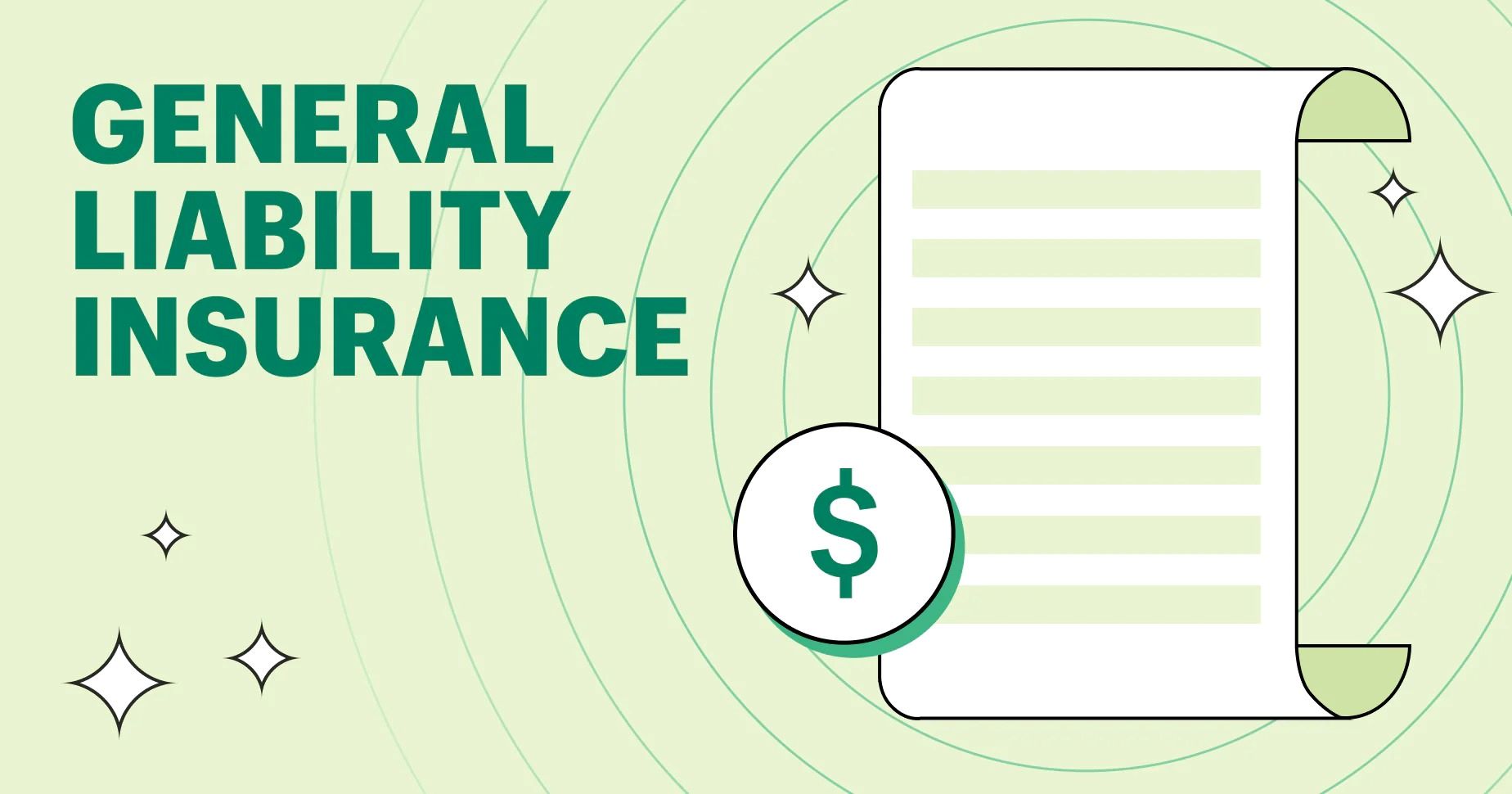Home>Finance>Compensatory Damages: Definition, Types, And Examples


Finance
Compensatory Damages: Definition, Types, And Examples
Published: October 30, 2023
Learn about compensatory damages in finance, including their definition, types, and examples, to understand how they can impact legal cases and financial outcomes.
(Many of the links in this article redirect to a specific reviewed product. Your purchase of these products through affiliate links helps to generate commission for LiveWell, at no extra cost. Learn more)
The Ins and Outs of Compensatory Damages: Definition, Types, and Examples
When it comes to legal matters, understanding the intricacies of compensatory damages is essential. Whether you find yourself in a personal injury case, contract dispute, or any other situation where damages are sought, comprehending the concept of compensatory damages can make a significant difference in your pursuit of justice. In this blog post, we will explore the definition, types, and examples of compensatory damages to shed light on this important aspect of the legal system.
Key Takeaways:
- Compensatory damages are the monetary amount awarded to a victim to compensate them for losses incurred due to the actions of another party.
- There are two types of compensatory damages: economic damages (tangible losses) and non-economic damages (intangible losses).
Now, let’s delve deeper into the world of compensatory damages, starting with the definition. Simply put, compensatory damages are the monetary amount awarded to a victim to compensate them for losses incurred due to the actions, negligence, or breach of duty by another party.
Economic Damages – Tangible Losses
The first type of compensatory damages is economic damages, which refer to the tangible losses suffered by the victim. These damages aim to reimburse the plaintiff for actual financial or material losses resulting from the incident. Economic damages can include:
- Medical expenses incurred as a result of an injury
- Lost wages and income due to the inability to work
- Property damage or loss
- Costs of repairing or replacing damaged property
Non-Economic Damages – Intangible Losses
Unlike economic damages, non-economic damages focus on the intangible losses suffered by the victim. These damages are more challenging to quantify as they do not have a direct monetary value but compensate for the emotional and psychological impact of the incident. Non-economic damages can include:
- Pain and suffering endured by the victim
- Emotional distress and mental anguish
- Loss of consortium (deprivation of the benefits of a family relationship)
- Loss of enjoyment of life
Compensatory Damages Examples
To illustrate the application of compensatory damages, let’s consider a few examples:
- Example 1: John is involved in a car accident caused by a distracted driver. He suffers a broken leg and incurs significant medical expenses as well as lost wages due to his inability to work. John would be entitled to economic damages to recover the financial losses he experienced.
- Example 2: Sarah purchases a new laptop online that arrives damaged due to the negligent packaging by the seller. Besides the cost of repairing or replacing the laptop, Sarah also experiences frustration and emotional distress. She may be entitled to both economic damages and non-economic damages to compensate for her financial losses and emotional hardship.
Ultimately, compensatory damages aim to place the victim in the position they would have been in had the incident not occurred. It is essential to consult with a legal professional who specializes in your specific case to accurately assess and seek the appropriate compensatory damages you deserve.
In Conclusion
Compensatory damages play a vital role in the legal system, providing victims with the means to recover both their tangible and intangible losses. Understanding the definition, types, and examples of compensatory damages can empower individuals seeking justice, ensuring they receive the compensation they deserve. Remember, it’s crucial to consult with a knowledgeable attorney who can guide you through the complexities of your specific case to maximize your chances of a favorable outcome.














